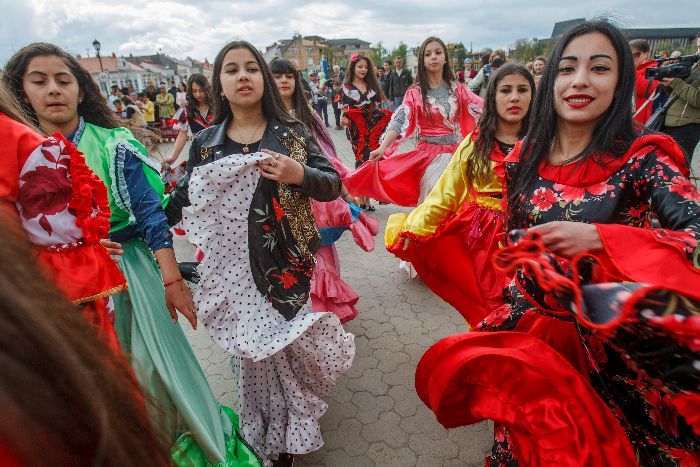In June we celebrate Gypsy, Roma and Traveller History Month in the UK. This is a month dedicated to celebrating and raising awareness about the Gypsy, Roma and Traveller communities in the country. The aim of this month is to tackle the prejudice these communities face and to help uplift the voices of this marginalised community in wider society.
This year’s theme is #MakeSomeSpace, or in other words, it is a call for everyone to make some space for the Gypsy, Roma and Traveller communities to help them gain a voice in society. Councils can make some space for these communities to stop in their area, teachers can make some space to educate the youth on the histories, cultures and present realities of this community. The TV, media and film industries can also make some space for these communities by portraying authentic depictions of them.
To find out more please visit: Gypsy-traveller.org
To support the Gypsy, Traveller and Roma communities in the UK please visit:
www.travellermovement.org.uk
#MulticulturalBritainFacts
There are about 300,000 Gypsy/Traveller people and 200,000 Romani people in the UK according to estimates made by the UK Government. While 2011 was the first time ‘Gypsy or Irish Traveller’ was added to the UK Census, the government acknowledged that the recorded 58,000 was likely an undercount (parliament.uk). 2021 was the first time in history when Romani people were given their own check box on the UK Census.
Did you know?
While the term Gypsy comes from Egyptian, as the Gypsies were supposedly considered to be from there, linguistic studies indicate that Romani Gypsies actually originated from Northern India and migrated to Europe in the 12th century.
How can your business #MakeSomeSpace for the Gypsy, Traveller and Roma communities?
At Here and Now 365 – defining multicultural marketing we are dedicated to inclusivity and diversity. We’re here to help your brand connect with all of Britain’s multicultural communities.
